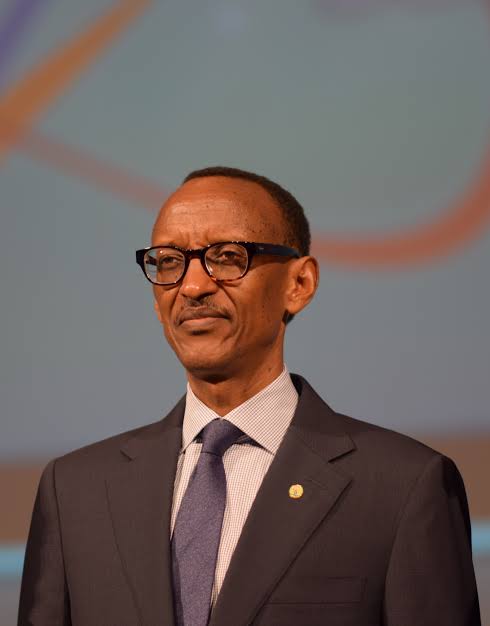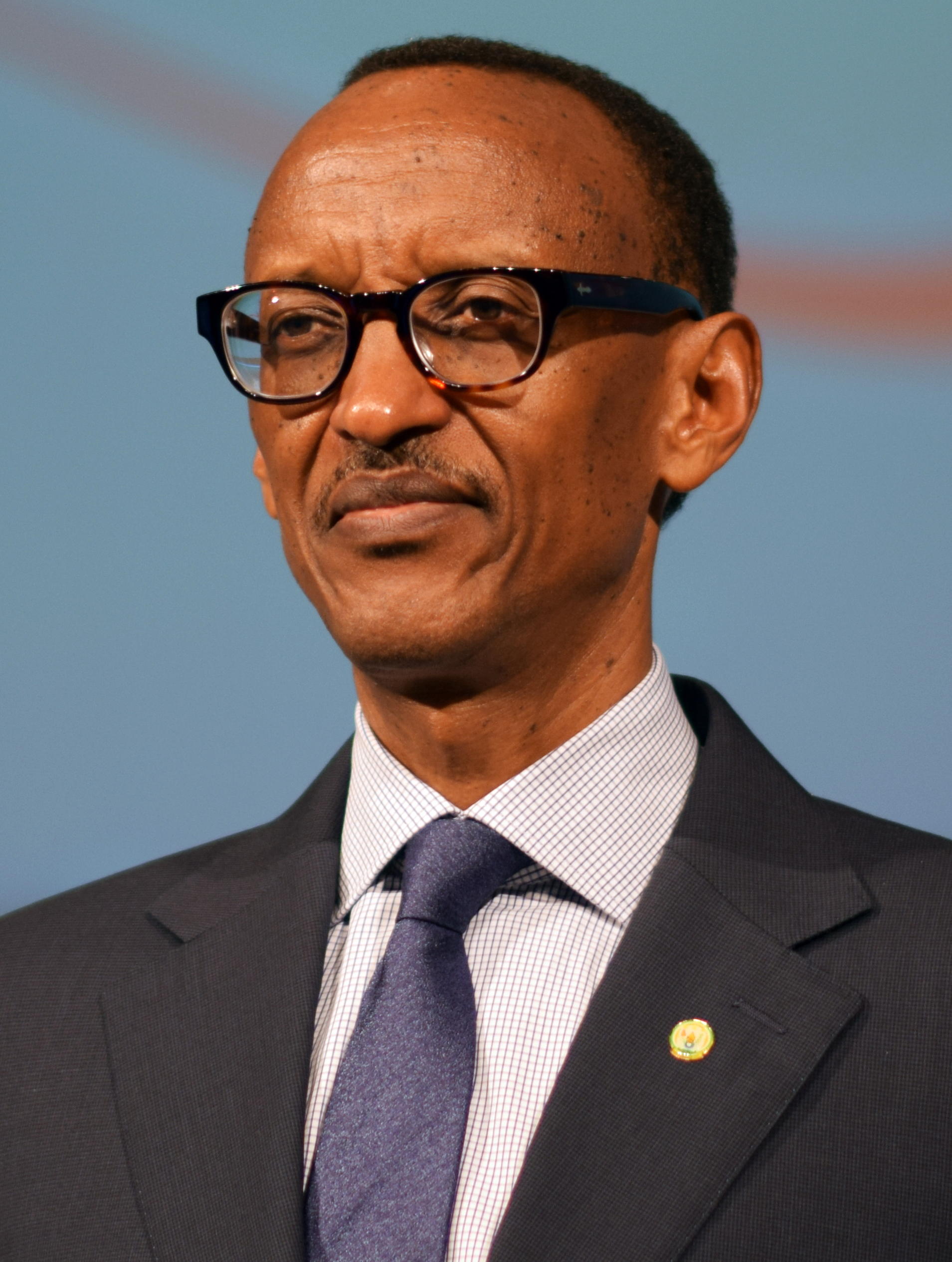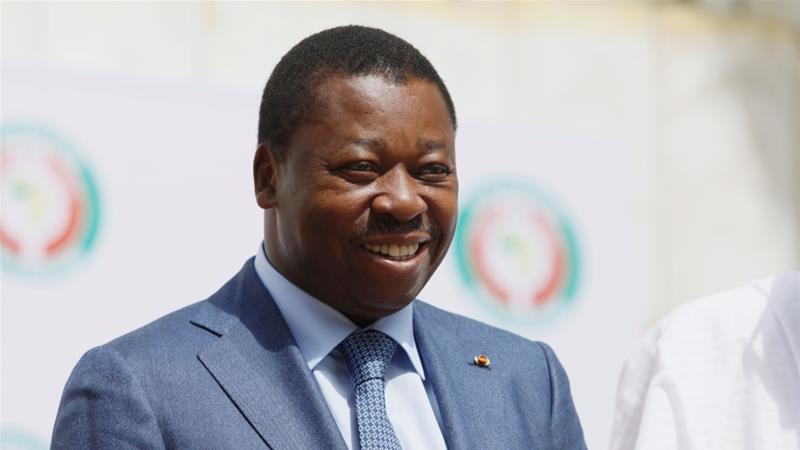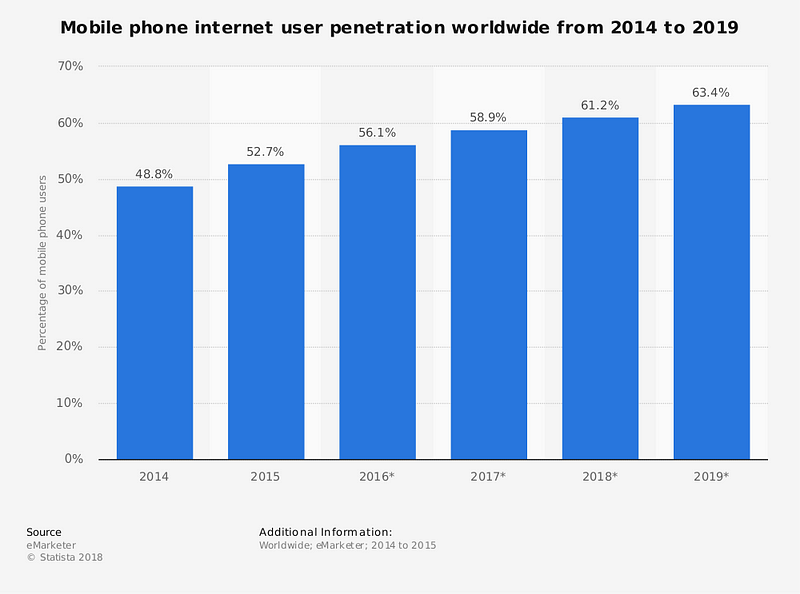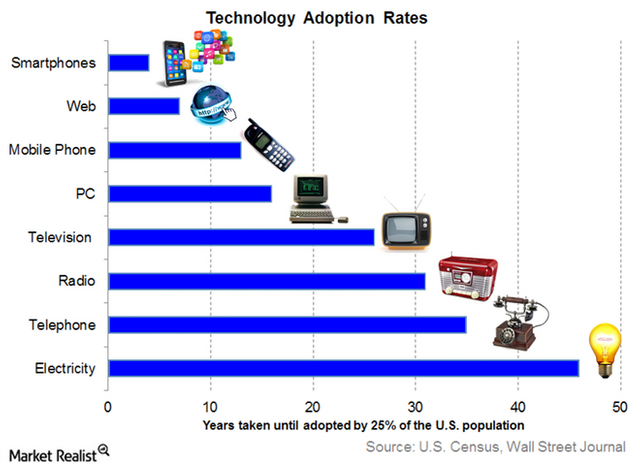Rwanda, Burundi hold talks in bid to mend ties
Neighbouring Rwanda and Burundi have started discussions aimed at mending fences and nomalisation of diplomatic relations between them. This was made known by Rwanda’s Minister for Foreign Affairs and International Cooperation, Dr Vincent Biruta and Burundi’s Minister for Foreign Affairs and Development Cooperation Amb. Albert Shingiro after they exchanged documents following talks to restore strained relations between the two countries.

A bilateral meeting between Rwanda and Burundi held at Nemba-Gasenyi One Stop Border Post signalled hopes between the two countries to restore relations that deteriorated since 2015. This was the first bilateral summit since the two countries cut ties five years ago.
The two, together with their delegations which included diplomatic and security representatives, headed to deliver opening remarks before holding a closed-door meeting that lasted nearly one hour. Later, the two issued a joint communiqué stating that they agreed on the need to continue contacts in order to normalise relations between the two neighbouring countries linked by history and geography.

At the end of the closed session, Ambassador Shingiro handed to Biruta a “written message from the Government of the Republic of Burundi, to the Government of the Republic of Rwanda.” Biruta did the same. According to Biruta, the two ministers exchanged on diverse matters, which have strained relations between the two countries.
Read also:Why German insurance giant, Allianz ventures into East Africa
“With my colleague from the Republic of Burundi we discussed issues of mutual concern which have damaged relations between our two countries since 2015,” he told the press.
However, he added, they committed to do whatever possible to make sure that relations are stabilised, before revealing that he accepted an invitation to a reciprocal meeting from his counterpart. He declined to say when that meeting will take place, but insisted it will happen on a date the two ministers will agree on.
Read also:Africa’s booming sports business creates new investor ecosystem
Earlier, before the closed-door meeting kicked off, Ambassador Shingiro indicated that Rwanda and Burundi knew their issues more than anyone else who wanted to facilitate the mending of their relations.
“We came here as the Government of Burundi to demonstrate willingness to normalise our relations, the relations which deteriorated in 2015,” he said during the opening speech.
Rwanda and Burundi affairs deteriorated in 2015 when the late President Pierre Nkurunziza sought the third controversial term that plunged his country into violence and saw hundreds of people arrested and others killed.
The government of Rwanda at the time expressed serious concerns when increasing reports of unrest and violence targeting unarmed civilian Rwandans in Burundi were on the rise.During the same year in October, diplomatic relations worsened when Burundi expelled Rwanda’s top diplomat, Desire Nyaruhirira, over allegations of plans to destabilise the country, allegations that Rwanda denied.
Since then there has never been any known official communication between the two countries’ leaders until this year when Burundi elected a new president, Major-General Evariste Ndayishimiye. However, Biruta said that Rwanda has shown political will to restore relations with Burundi and the meeting was an affirmation of Kigali’s commitment. The meeting was a foundation upon which both sides can make progress in mending ties, Biruta said.
Read also:How Fintech Startups In South Africa Can Apply For AlphaCode Incubate Programme’s $600k
“We committed ourselves to attempt all measures to ensure normalization of relations and stability of our countries,” he noted.
The two, Biruta added, didn’t go into specific details but it was a “preliminary meeting which will open up for subsequent meetings between various sectors” including security organs. Biruta said Rwanda expressed willingness to which the Burundian government responded positively, a result of which was what many termed as a “historic” meeting. Rwanda has, over the years, suffered militia attacks along its common border with Burundi.
The meeting came after the government of Rwanda repatriated several Burundian refugees. So far, 3,058 refugees have returned to their country in six phases, according to the Ministry of Emergency Management. It also occurred at a time when Rwanda had apprehended 19 armed combatants who claimed to be members of RED Tabara, an outfit that has been fighting the government of Burundi.
The meeting came following another meeting between the two countries’ military intelligence chiefs, which took place in August in the Eastern Province during which they discussed security issues that have strained the two neighbours.
Kelechi Deca

Kelechi Deca has over two decades of media experience, he has traveled to over 77 countries reporting on multilateral development institutions, international business, trade, travels, culture, and diplomacy. He is also a petrol head with in-depth knowledge of automobiles and the auto industry


